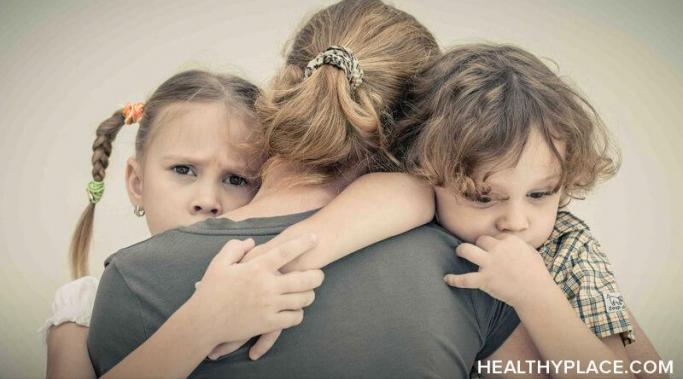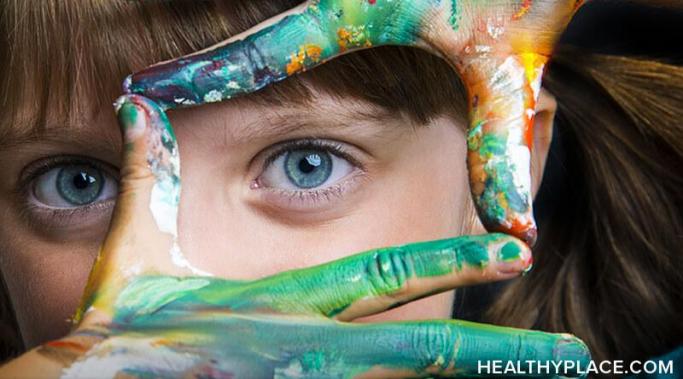I have been writing for the "Recovering from Mental Illness" blog at HealthyPlace for over two years now. It has been an amazing experience that forced me to really examine my own mental health and what recovery means to me. I am in a better place because of it. I've also gained a lot of confidence as a writer.
Mental Health - Recovering from Mental Illness
I have been taking a poetry class at a nearby university -- one I attended when I was struggling in early recovery. In returning this fall I've had to face fears and past failures.
People might think I have my life together, and for the most part, I do. But even after years of recovery, I still struggle. My struggles and how I react to them are different now from when I was first diagnosed, but some days it is painfully clear that recovery is a lifelong battle.
My daughter is only three years old, but I already worry that she might experience some of the same mental health issues I did growing up. There are some signs I want to look for.
I fake normalcy because having a mental illness is isolating and makes me feel different. Facing the outside world can be difficult. Here are five coping methods (positive and negative) I noticed I do when I leave the house that help me fake normalcy.
I have recently quit drinking. Drinking has negatively impacted my life for the past few months and I decided to stop a couple weeks ago. I am hoping this will put me on a path to a healthier life both mentally and physically.
Do you need some mental health encouragement? Watch this video.
Remembering my medication at this point in my life and mental health recovery is very important. I accept that I need psychiatric medication to function. That can be a hard thing to admit sometimes. I'm at a place where I have a lot going on in my life and I feel it would fall apart if I didn't take my medication. Long story short -- my medication is extremely important.
Depression in recovery often presents very differently compared to untreated depression, but that doesn't mean that the struggles aren't valid. It means that as symptoms improve and you find healthy coping mechanisms, your depression will start to manifest in different ways.
Using creative projects for mental illness recovery helps me immensely. The arts have played an integral part in my recovery from schizoaffective disorder. It all started with a five-week stay at a treatment center where I received my initial diagnosis. There was a lot of downtime at the center and I was frequently digging through their stash of art supplies. I had frightening visual hallucinations and found it very therapeutic to draw them.









